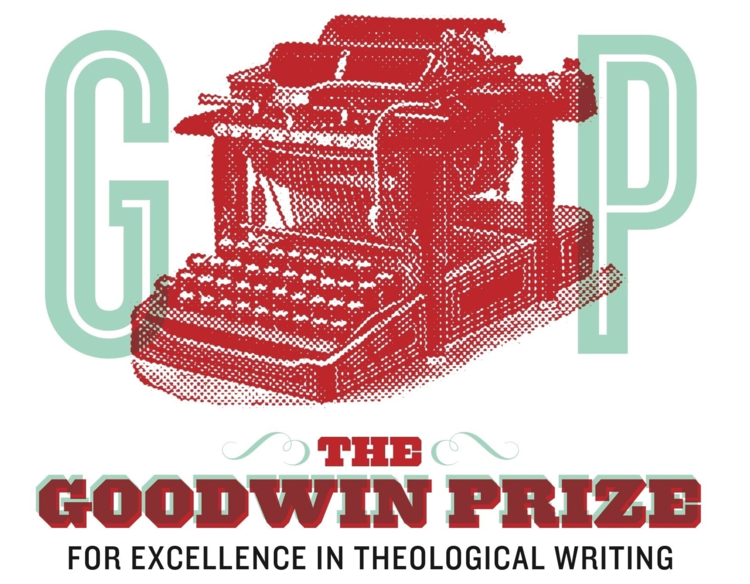 A $2,500 prize has been awarded to Jimmy Myers (Duke Divinity School) for the essay, “Give Gifts to the Evildoer: A Rereading of Matthew 5:38-42.”
A $2,500 prize has been awarded to Jimmy Myers (Duke Divinity School) for the essay, “Give Gifts to the Evildoer: A Rereading of Matthew 5:38-42.”
Abstract: What does Jesus teach his followers to practice in Matthew 5:38–42? That is the question that this paper answers, seeking to provide the church a more faithful way of reading, living, and imagining Jesus’s command than has been done in the past. I contend that our collective imaginations as a Christian tradition have been constrained by readings of this passage that have failed to discern its unity and positive character, a character which gives birth to a repeated pattern of gift-giving in response to evildoing that the church––who lives in the “present evil age” (Gal. 1:4) yet follows a God who gives grace to evildoers (us)––has the opportunity to embody in order to bring about something positive, active, and beautiful into God’s creation––loving it, with God, into a new creation.
A $1,000 prize has been awarded to Abraham Wu (Regent College, Vancouver) for the essay, “In Loving Memory: Applying a Theological Anthropology of Trinitarian Personhood to the Problem of Memory Loss.”
Abstract: How should we understand the implications that memory loss has for human personhood? If memory is wholly constitutive for personhood, then human personhood seems imperiled for those suffering from diseases such as dementia. This paper will argue that while memory is indeed constitutive of personhood, it is not wholly constitutive. Instead, this paper will put forward a theological anthropology that seeks to humbly understand human personhood by viewing the human reality from the perspective of an understanding of God. This paper starts from the imago Dei and imago trinitatis in order to understand human beings as “persons-in-relation.” This means that one is not merely self-constructed by memory but is also constituted by their relationships with others and—ultimately—in relationship to the God who does not forget (Is. 49:15).
A $500 prize has been awarded to Rachael K. Griggs (University of Dayton) for the essay, “Becoming Pro-Mysterion: Embracing a Future of Mercy for All in Romans 11.”
Abstract: This essay presents an exegesis of Paul’s allegory of the olive tree (Romans 11) within the framework of present-day tragedies caused by antisemitism. While Paul exhorts gentile believers to express humility regarding their newfound position within God’s family, supersessionism has placed the Jewish and Christian faiths in a dichotomous relationship. Greek word studies and models of religious pluralism in this essay demonstrate that supersessionism is a poisonous root from which antisemitism grows. Paul’s revelation of God’s cosmic plan of salvation asks Jesus’s followers—in any era—to become pro-mysterion: to embrace in faith God’s redemptive plan for all.
A $500 prize has been awarded to Timothy Shriver (University of Virginia) for the essay, “Fannie Lou Hamer: Smiling at Satan’s Rage.”
Abstract: This essay seeks to understand and spell out the underappreciated theological insights of the former sharecropper and front-line Civil Rights leader Fannie Lou Hamer. Using her songs, speeches and the unexpected parallel of Julian of Norwich, the essay argues that Hamer’s informal but robust theological training in the black church gave her a unique capacity to syncretize seemingly contradictory notions of defeat and victory, pain and joy, death and rebirth. The essay concludes that Hamer’s unique syncretic theology and spiritual expression demand that she be placed among the revered ranks of the great contemplatives and mystics of Christian history.
For more information, please visit https://www.theologicalhorizons.org/goodwin-prize.
We are deeply encouraged to see young scholars of such promise and commitment, and we offer our warm congratulations to all who participated in this year’s competition.
